The car collecting market has seen a significant transformation in recent years, with auction trends playing a crucial role in shaping its landscape. From the rise of online auctions to a renewed interest in classic vehicles, these trends are influencing what collectors are buying and how they’re buying it. Key auction trends are driving the car collecting market today.
Rise of Online Car Auctions
The shift from traditional to digital platforms has revolutionized how car auctions operate, making the process more accessible and inclusive. Online auction sites like Bring a Trailer and Cars & Bids have democratized the market by allowing a broader audience to participate. These platforms offer a user-friendly interface and real-time bidding, which are particularly appealing to tech-savvy collectors. Traditional auction houses like RM Sotheby’s and Barrett-Jackson have also embraced the digital shift, hosting virtual events that reach a global audience.
Technology plays a significant role in enhancing transparency and accessibility in online auctions. Features like live streaming, detailed vehicle histories, and high-resolution image galleries provide potential buyers with a comprehensive view of the vehicles on offer. This transparency builds trust between buyers and sellers, which is crucial in a digital environment. Moreover, online auctions eliminate geographical barriers, allowing collectors from different parts of the world to participate without leaving their homes.
However, navigating the digital auction space comes with its challenges. For collectors, the virtual nature of online auctions may limit their ability to physically inspect vehicles before purchasing. For sellers, differentiating their listings in a crowded online marketplace can be difficult. Despite these challenges, the opportunities for reaching a global audience and reducing traditional auction costs make online platforms an attractive option for both buyers and sellers.
Increasing Popularity of Classic and Vintage Cars
Classic and vintage cars are experiencing a resurgence in popularity among collectors, driven by a combination of nostalgia and investment potential. Many collectors are drawn to the timeless design and craftsmanship of classic cars, viewing them as tangible pieces of automotive history. Additionally, these vehicles often appreciate in value over time, making them appealing investment opportunities.
The 1960s and 1970s have become focal points for collectors, with cars from these eras enjoying increased interest and value. Iconic models like the Ford Mustang, Chevrolet Camaro, and Porsche 911 from these decades are particularly sought after. This growing interest is partly due to the cultural significance of these models, which are often associated with significant historical and social movements.
Market dynamics such as scarcity and restoration trends play a critical role in determining the value of classic cars. As original models become rarer, their value increases, making them more desirable to collectors. Restoration trends also influence market values, as fully restored vehicles often command higher prices at auction. Collectors must carefully consider the balance between originality and restoration when assessing the value of a classic car.
The Role of Celebrity and Provenance
Celebrity-owned vehicles have a unique allure in the car collecting market, often fetching higher prices at auction due to their association with famous personalities. Cars once owned by celebrities like Steve McQueen and Paul Newman have become legendary, appealing to collectors who value the story behind the vehicle as much as the car itself. For example, McQueen’s 1968 Ford Mustang GT from the movie “Bullitt” sold for an astounding $3.4 million in 2020.
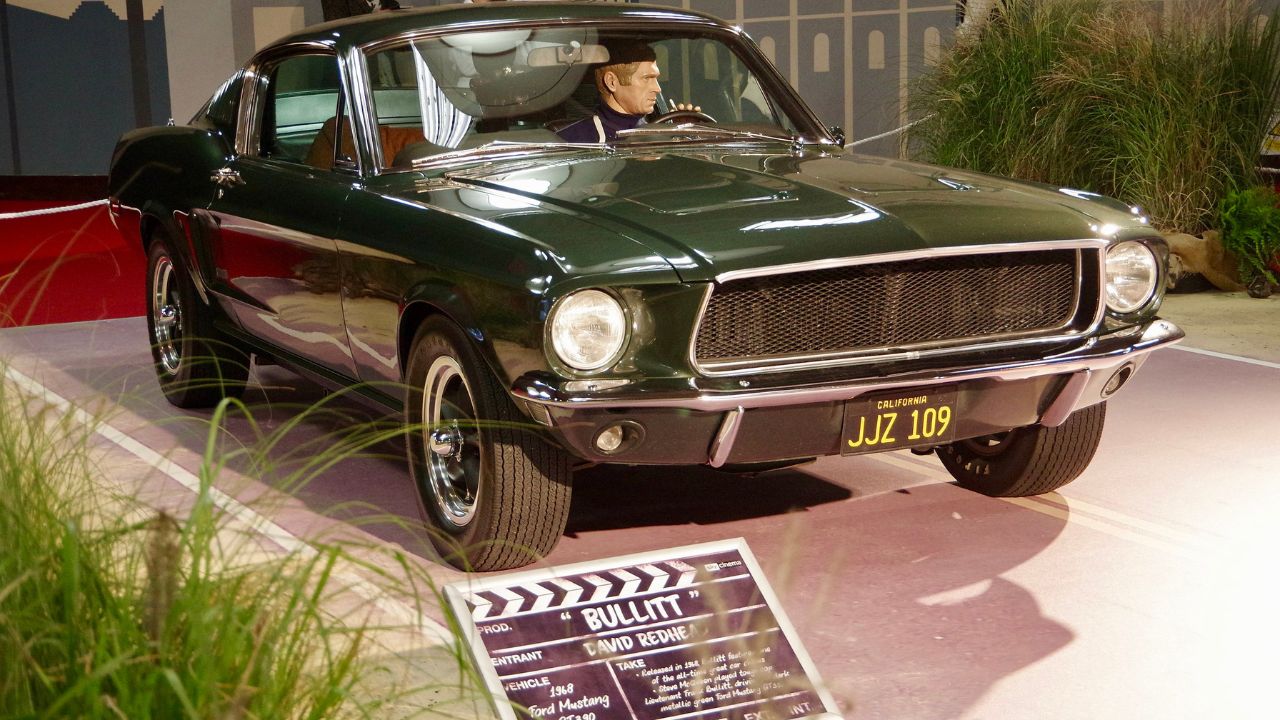
The provenance of a vehicle, or its documented history, also significantly impacts its auction success. A well-documented history can verify a car’s authenticity and provide insights into its past, adding to its appeal and value. Collectors often look for cars with a rich history, as these vehicles offer a deeper connection to their heritage. The importance of provenance is exemplified by the sale of a 1962 Ferrari 250 GTO, which fetched $48.4 million at auction due to its impeccable racing history and documented lineage.
Case studies of notable auctions highlight the influence of celebrity and provenance in the car collecting market. The sale of Elvis Presley’s 1971 Mercedes-Benz 280SEL at a Bonhams auction illustrates how celebrity ownership can boost a car’s value. Similarly, vehicles with a storied racing pedigree, like the 1956 Aston Martin DBR1 that sold for $22.5 million, demonstrate the premium placed on provenance in the market.
Sustainability and Electrification in Auctions
The growing interest in electric and hybrid vehicles is beginning to influence collector preferences, with sustainability becoming an important consideration for many buyers. As the automotive industry shifts towards greener technologies, collectors are increasingly exploring electric and hybrid models. This trend is reflected in auction offerings, with vehicles like the Tesla Roadster and BMW i8 gaining traction among enthusiasts.
The future of classic car collecting involves balancing the desire for vintage vehicles with the push for green technology. While classic cars represent a nostalgic connection to the past, the environmental impact of traditional combustion engines cannot be ignored. Some collectors are exploring electric conversions for classic models, allowing them to enjoy the aesthetics of vintage cars while adhering to modern sustainability standards.
Auction houses are adapting to these trends by integrating sustainable options into their offerings. Some are creating dedicated events for electric and hybrid vehicles, while others are showcasing electric conversions of classic models. These strategies aim to cater to the evolving preferences of collectors who value both heritage and environmental responsibility.
Economic Factors and Market Predictions
Economic fluctuations have a significant influence on car auction outcomes, as global trends impact both buyer behavior and market dynamics. During economic downturns, collectors may become more cautious in their spending, leading to reduced auction activity and lower prices. Conversely, periods of economic growth can drive increased demand and higher auction values.
The balance between investor and enthusiast dynamics also shapes the car collecting market. Some collectors are driven by passion and a love for automobiles, while others view car collecting as a financial investment. This duality creates a dynamic market where investment-focused collectors prioritize potential returns, while enthusiasts prioritize the enjoyment and preservation of automotive history.
Looking ahead, predictions for the car collecting market suggest potential shifts on the horizon. The continued rise of online auctions, growing interest in electric vehicles, and evolving economic conditions will likely influence future trends. As the market adapts to these changes, collectors will need to stay informed and flexible to navigate the evolving landscape successfully.
Like Fast Lane Only’s content? Be sure to follow us.
Here’s more from us:
*Created with AI assistance and editor review.

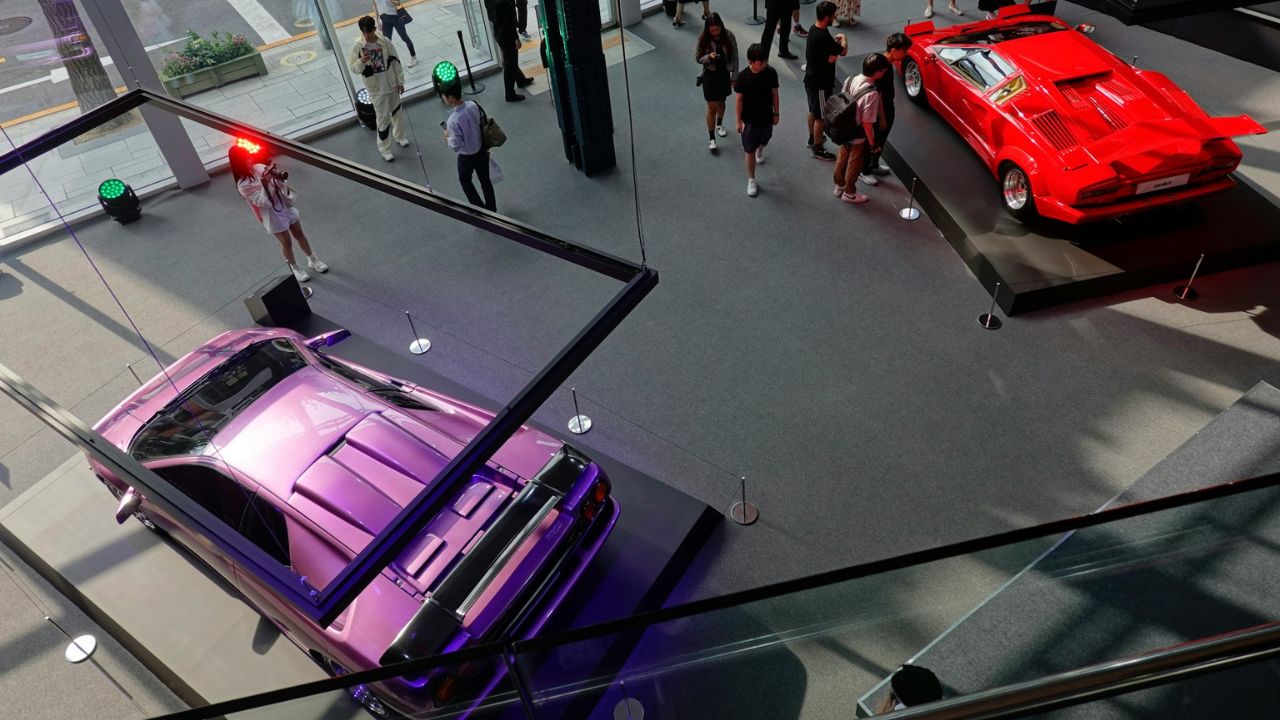
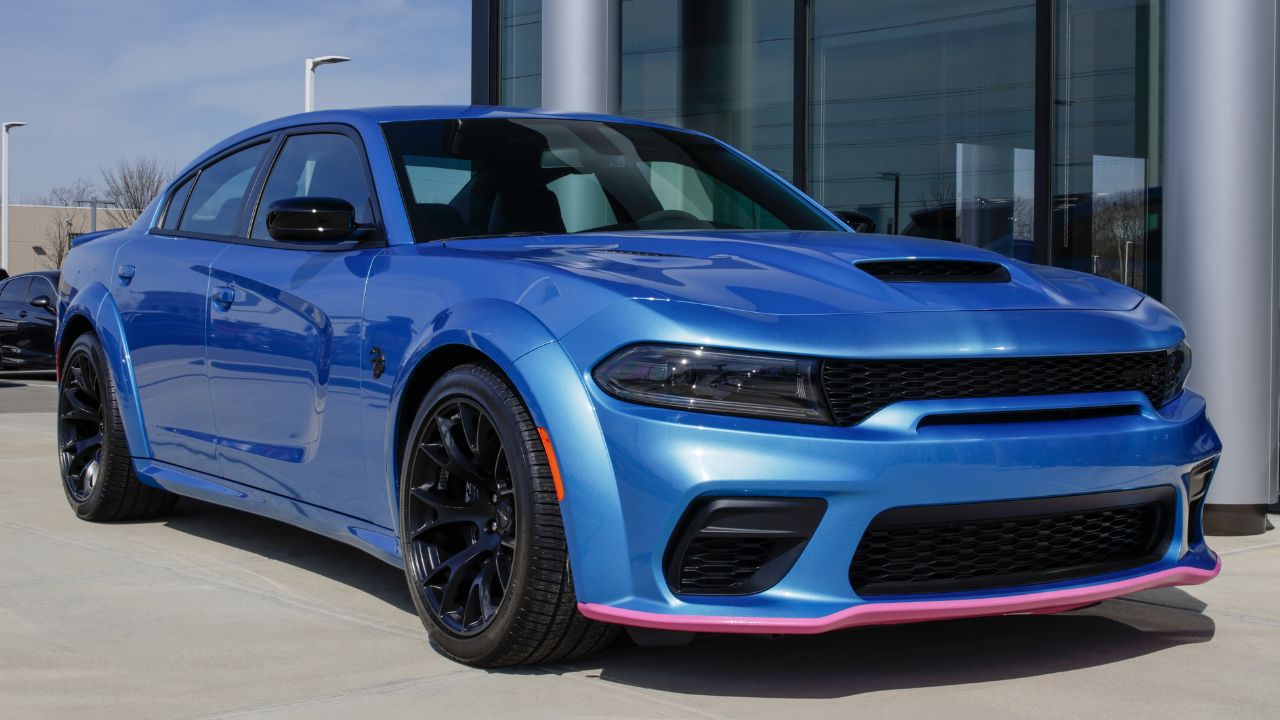
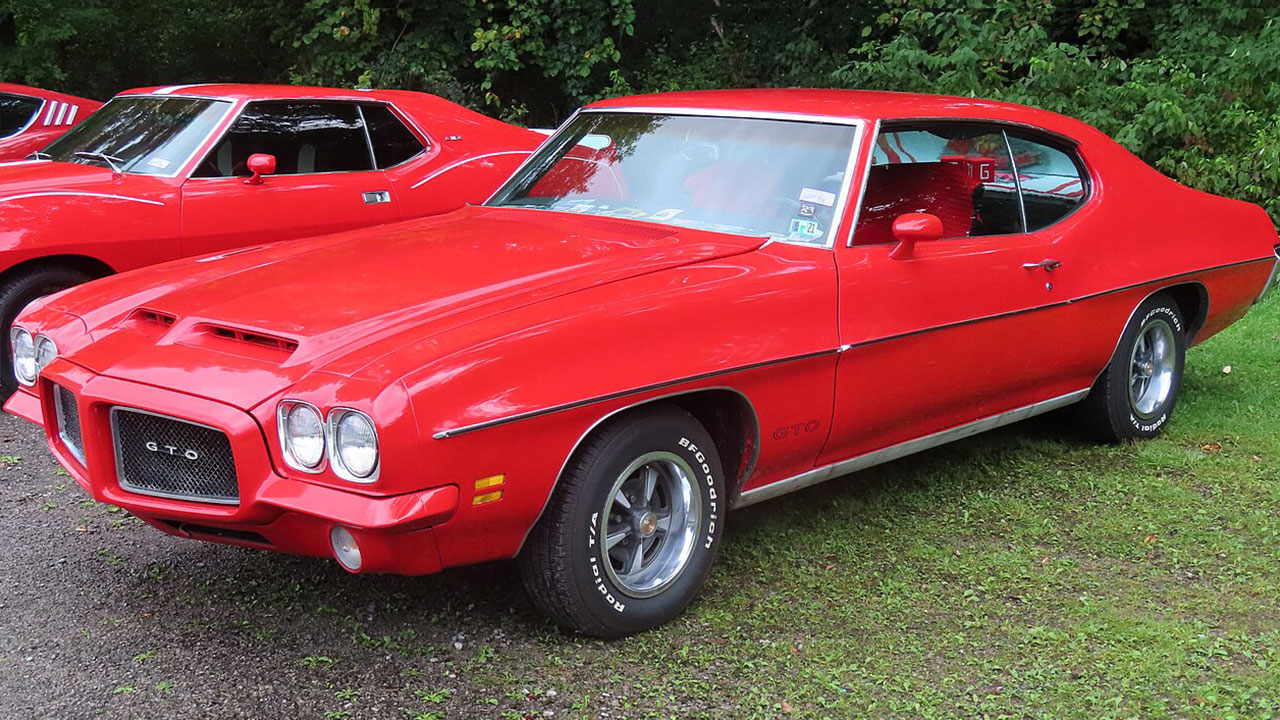
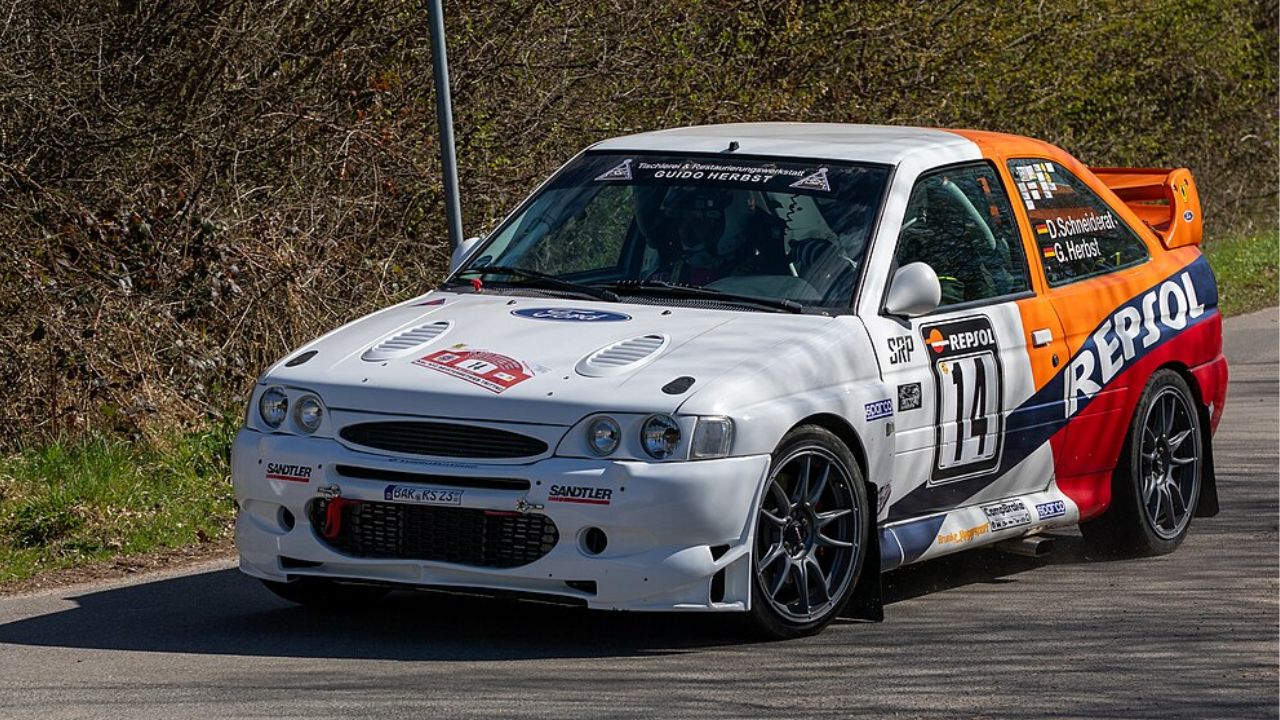
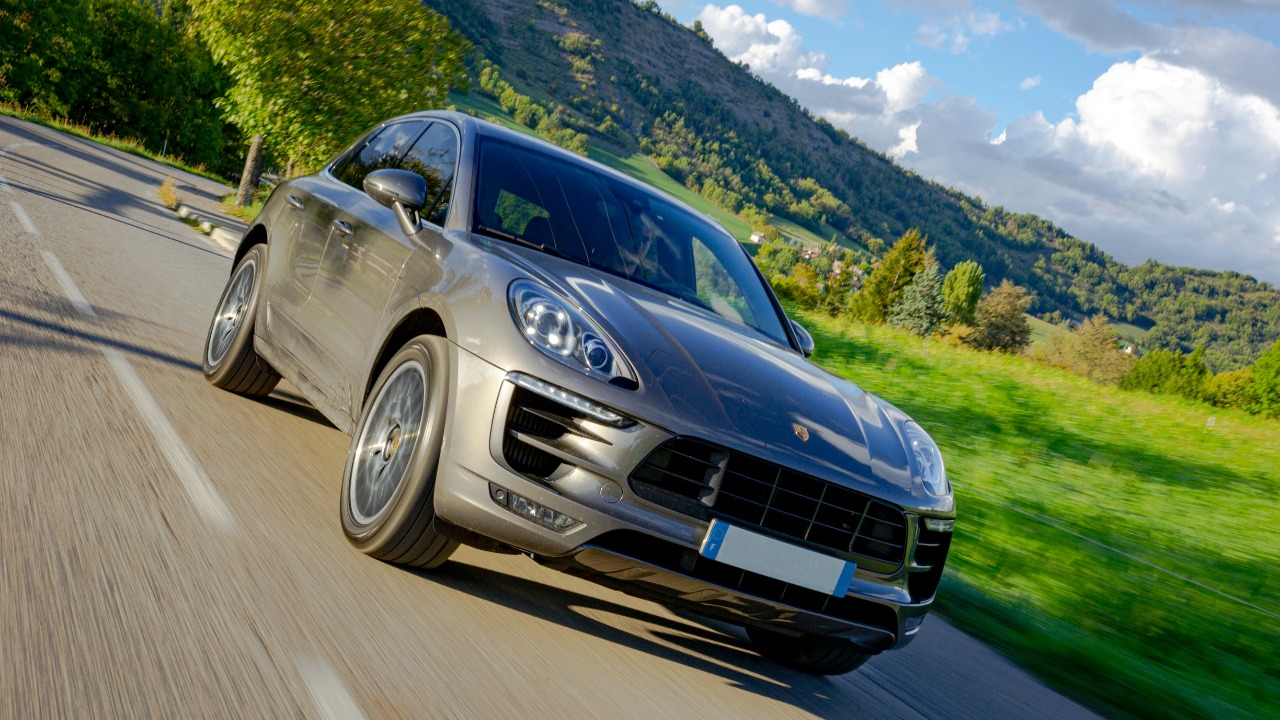
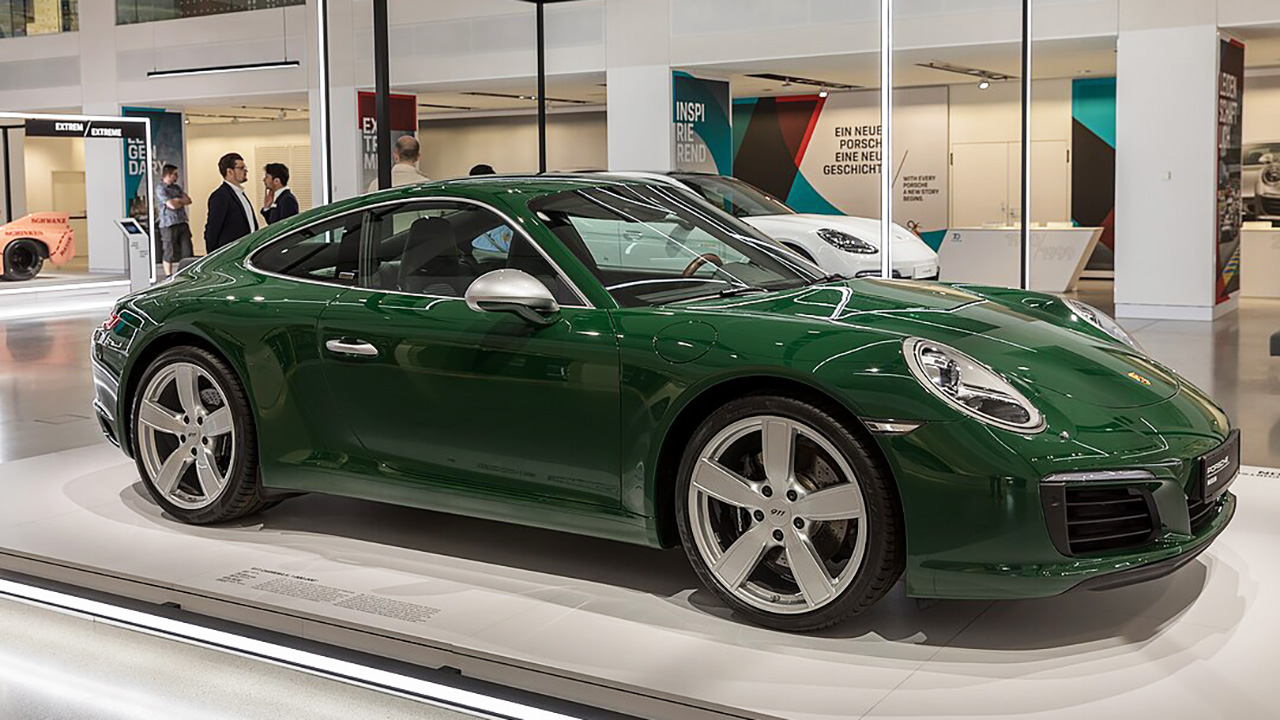
Leave a Reply